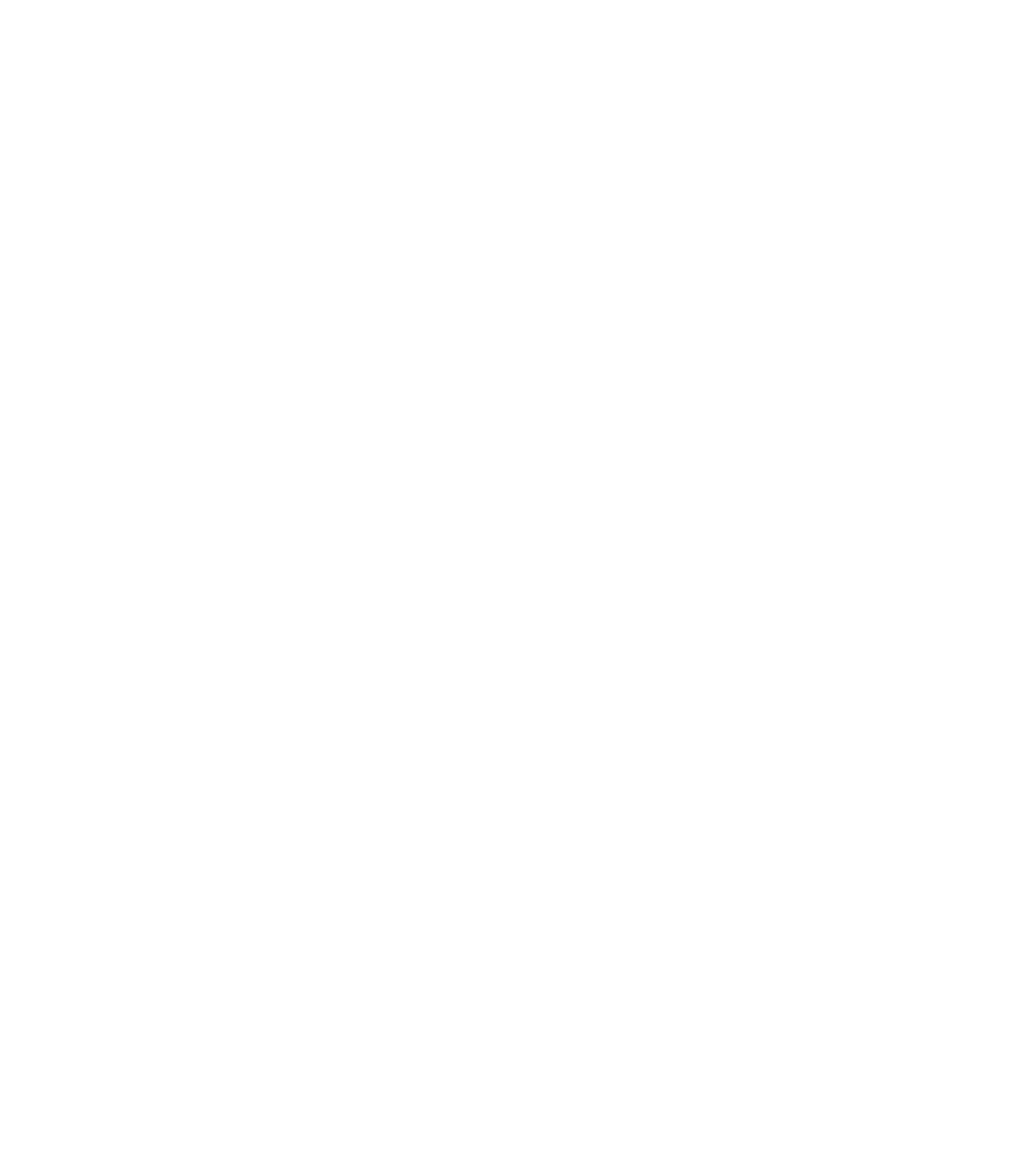Effective treatment options for panic attacks can significantly improve one's quality of life. This article will explore various approaches to panic attack treatment, including medication, therapy, and lifestyle changes, while also discussing the benefits and potential risks associated with each method. With the right combination of treatments, those who suffer from panic attacks can gain better control over their condition and lead a more fulfilling life.
Panic attacks can be a terrifying experience, leaving individuals feeling overwhelmed, helpless, and out of control. Fortunately, there are various treatment options available to help manage and reduce the frequency of panic attacks. This article will explore the most effective treatment methods, including medication, therapy, and lifestyle changes. By understanding the benefits and potential risks of each treatment option, you can make an informed decision about the best course of action for your mental health.
Panic attacks are sudden episodes of intense fear or discomfort that can peak within minutes, causing a range of physical and emotional symptoms. These attacks can be triggered by various factors, such as stress, specific situations, or even occur unexpectedly. To learn more about panic disorders, you can visit the ADAA's guide on understanding panic disorders, which offers valuable information on the symptoms, causes, and treatment options for panic attacks.
Medication for Panic Attacks
Medication can be an essential part of panic attack treatment, especially for those who experience frequent and severe attacks. The most common types of medication prescribed for panic attacks include:- Selective Serotonin Reuptake Inhibitors (SSRIs): SSRIs, such as fluoxetine (Prozac), sertraline (Zoloft), and paroxetine (Paxil), are often prescribed for individuals with panic disorder. These medications work by increasing serotonin levels in the brain, which can help to stabilize mood and reduce anxiety.
- Benzodiazepines: Benzodiazepines, such as alprazolam (Xanax) and diazepam (Valium), are fast-acting medications that can help to alleviate the immediate symptoms of a panic attack. However, they should be used with caution due to the risk of dependence and addiction.
Therapy for Panic Attacks
Therapy is a crucial component of panic attack treatment, as it helps individuals to identify and address the underlying causes of their anxiety. There are several different types of therapy that have been proven effective in treating panic attacks, including:- Cognitive-Behavioral Therapy (CBT): CBT is a well-established therapy for treating panic attacks. It focuses on identifying and challenging negative thought patterns and behaviors that contribute to anxiety, as well as teaching individuals effective coping strategies for managing panic attacks.
- Exposure Therapy: Exposure therapy involves gradually and systematically exposing individuals to their anxiety-provoking triggers in a controlled environment. This helps them to develop a tolerance for the trigger and reduce their anxiety response over time.
- Mindfulness-Based Therapies: These therapies, such as mindfulness-based stress reduction (MBSR) and mindfulness-based cognitive therapy (MBCT), focus on cultivating present-moment awareness and non-judgmental acceptance of thoughts and feelings, which can help individuals manage panic attacks more effectively.
Lifestyle Changes for Panic Attack Management
In addition to medication and therapy, making certain lifestyle changes can help to reduce the frequency and severity of panic attacks. Some helpful lifestyle changes include:- Exercise regularly: Regular physical activity has been shown to have a positive impact on mental health, including reducing anxiety and preventing panic attacks. Aim for at least 150 minutes of moderate-intensity aerobic exercise per week.
- Practice relaxation techniques: Techniques such as meditation, progressive muscle relaxation, and deep breathing exercises can help to manage stress and reduce the frequency of panic attacks.
- Limit caffeine and alcohol: Excessive caffeine and alcohol consumption can worsen anxiety and panic attack symptoms. Consider reducing your intake of these substances or cutting them out altogether.
- Establish a support network: Connecting with friends, family members, or joining a support group can provide you with encouragement and understanding as you navigate panic attack treatment.
Weighing the Benefits and Risks of Panic Attack Treatments
Each panic attack treatment method comes with its own set of benefits and potential risks. It's essential to discuss your options with a healthcare professional and consider the following factors:- Effectiveness: Consider how effective a treatment is in managing your panic attack symptoms. You may need to try several different approaches before finding the one that works best for you.
- Side effects: Some medications and treatments may have side effects that could affect your overall well-being. Discuss potential side effects with your healthcare provider and weigh the pros and cons of each treatment option.
- Accessibility: Certain therapies, such as cognitive-behavioral therapy, may not be readily available in your area or may require a significant time commitment. Consider the accessibility of each treatment option before making a decision.
- Personal preference: Ultimately, you should choose a treatment method that aligns with your personal preferences and values. Some individuals may prefer a more natural, holistic approach, while others may find that medication is the most effective way to manage their panic attacks.

